Ketoconazole
Ketoconazole is an antifungal drug. It is included in dandruff shampoos since the cause of dandruff is a fungus.
Yes, as one of the components of shampoo, it won't harm you, but when taken in tablet form or even used as creams and gels, it can significantly affect testosterone levels, unfortunately lowering them.
Cimetidine
Cimetidine is a medication usually prescribed for exacerbations of stomach and duodenal ulcers, but it is often used to suppress reflux (heartburn). Its endocrine system side effects include gynecomastia and decreased potency.
Both of these effects are due to cimetidine partially suppressing testosterone secretion. This should be remembered and the drug should be avoided, especially in high doses.
Antidepressants
“Prozac” (fluoxetine), “Zoloft” (sertraline), “Paxil” (paroxetine), and some other antidepressants can also negatively affect testosterone levels. They are selective serotonin reuptake inhibitors, which means they can enhance the action of this neurotransmitter.
Such enhancement most often leads to a slowdown in the secretion of the "king of hormones." This, incidentally, usually requires increasing the dose of the antidepressant, resulting in a vicious circle.
Opioids
Opioids are not only used to induce a sense of euphoria. They are used as painkillers in the treatment of various diseases, such as cancer, severe injuries, and others.
There are short-acting and long-acting opioids – the latter have the most significant impact on testosterone secretion. The impact is negative: your testosterone levels will almost certainly drop to the lower end of the normal range after just a few days of using these drugs.
However, short-acting opioids are safer: a decrease in testosterone levels was noted in only a third of patients even after four weeks of use (it is highly undesirable to use opioids for longer than this).
Statins
Statins are drugs used to lower cholesterol levels, especially low-density lipoproteins ("bad" cholesterol).
Sometimes they are absolutely necessary (I am forced to take them myself), but more often they are prescribed "for prevention." Talking about the impact of statins on testosterone levels is the most difficult.
First, because there are several groups of these drugs, which differ significantly in their effectiveness. Accordingly, the effect on testosterone production will vary among different groups.
Second, the impact of statins on testosterone synthesis and secretion is mostly speculative. Simply put, no one really knows which specific fraction of testosterone will decrease as a result of taking a particular drug, and by how much.
The only definite thing is that the complete suppression of testosterone synthesis and secretion will not occur as a result of taking statins. Both total and free fractions will remain within the normal range.
I would also like to remind you that there are medications that negatively affect libido: finasteride and dutasteride, propranolol and metoprolol. But in their case, it's not about reducing testosterone levels, but about suppressing its conversion to dihydrotestosterone.













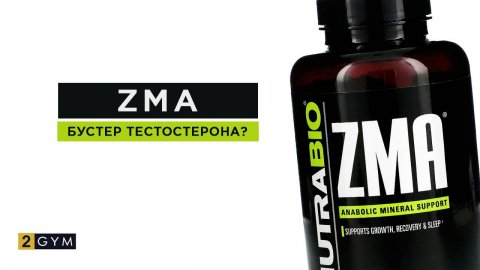




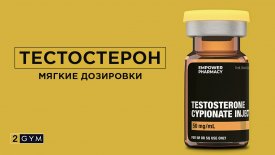
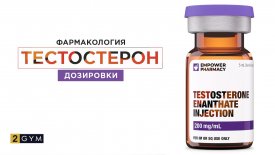
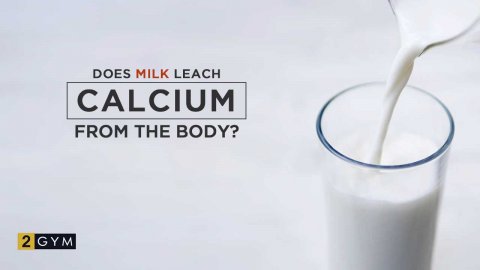

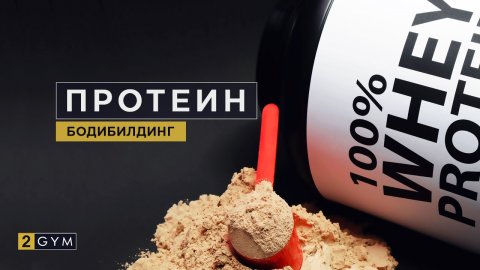


Log in with ( Sign Up ? )
or post as a guest
Be the first to comment.